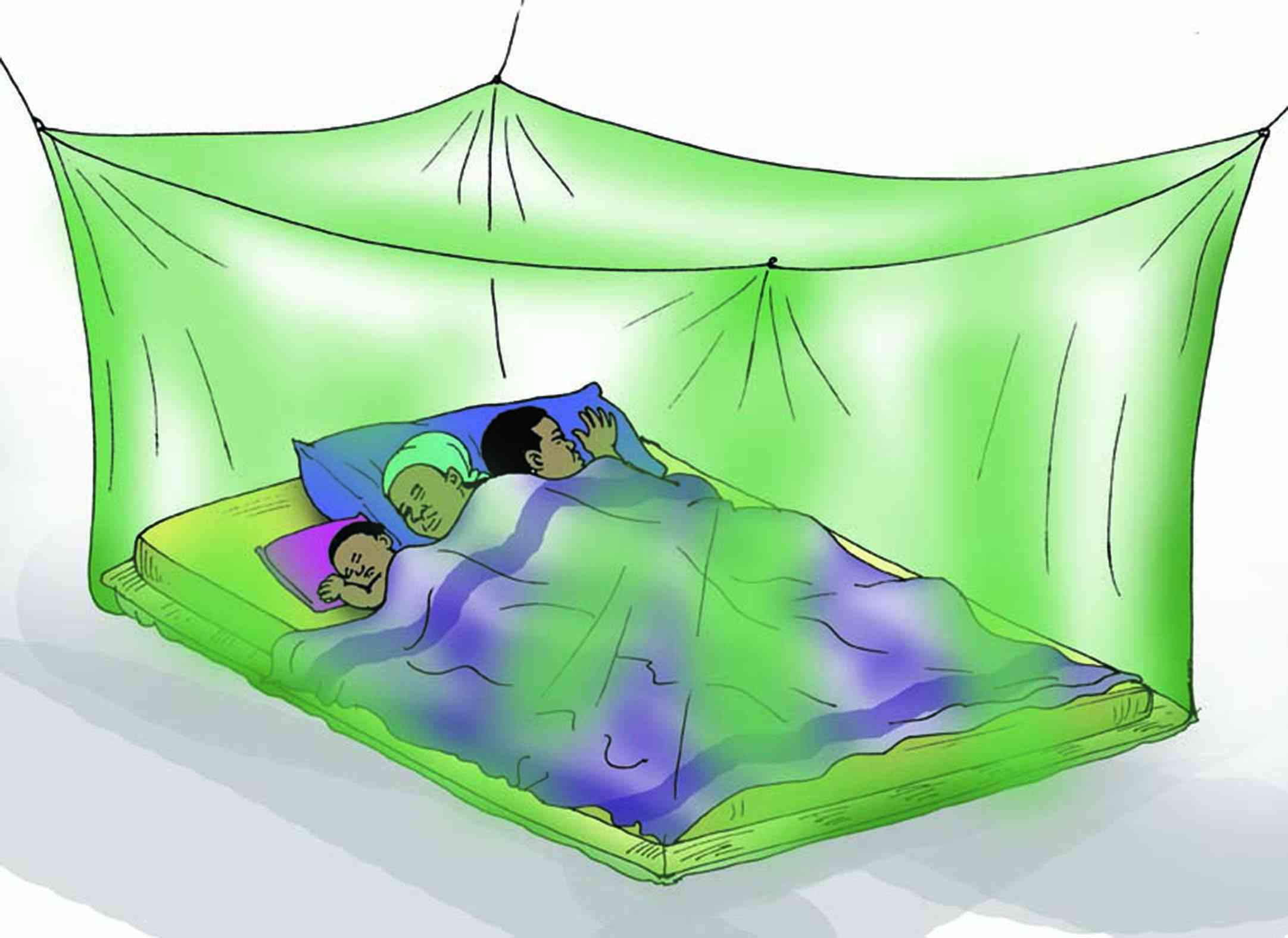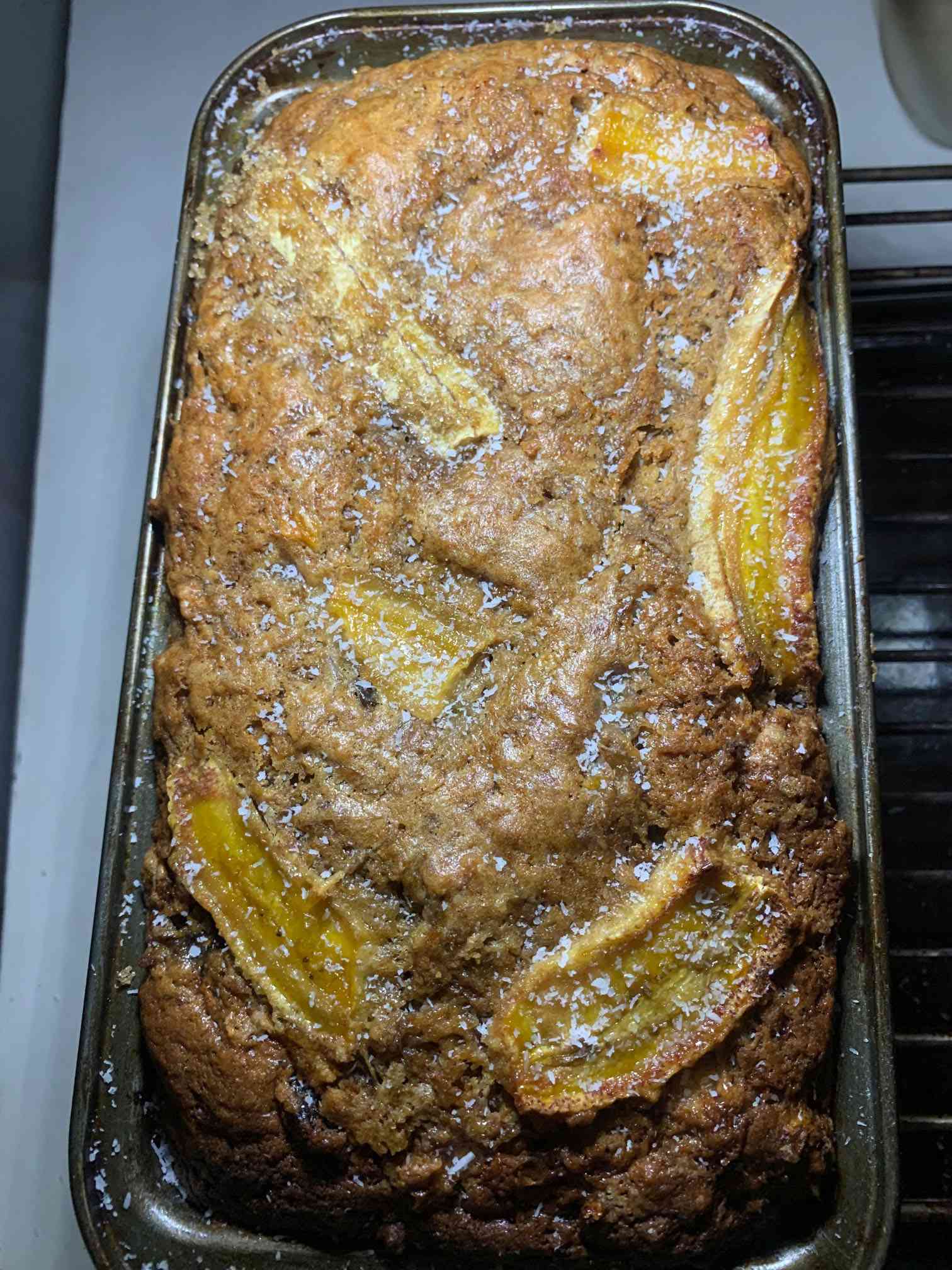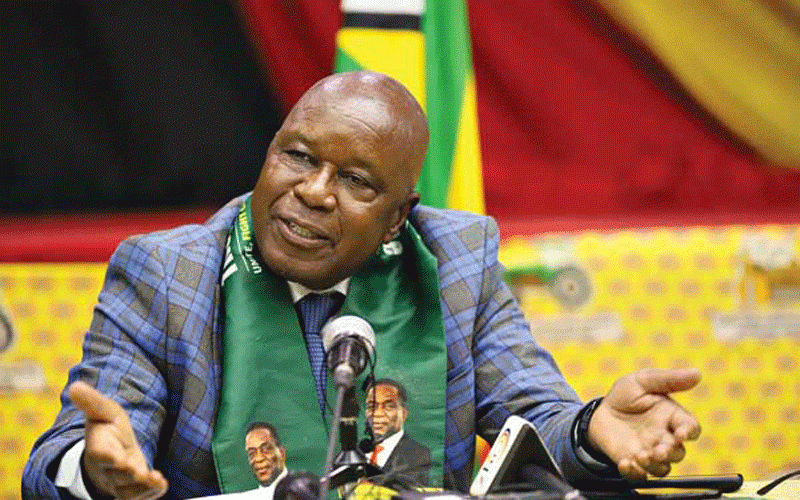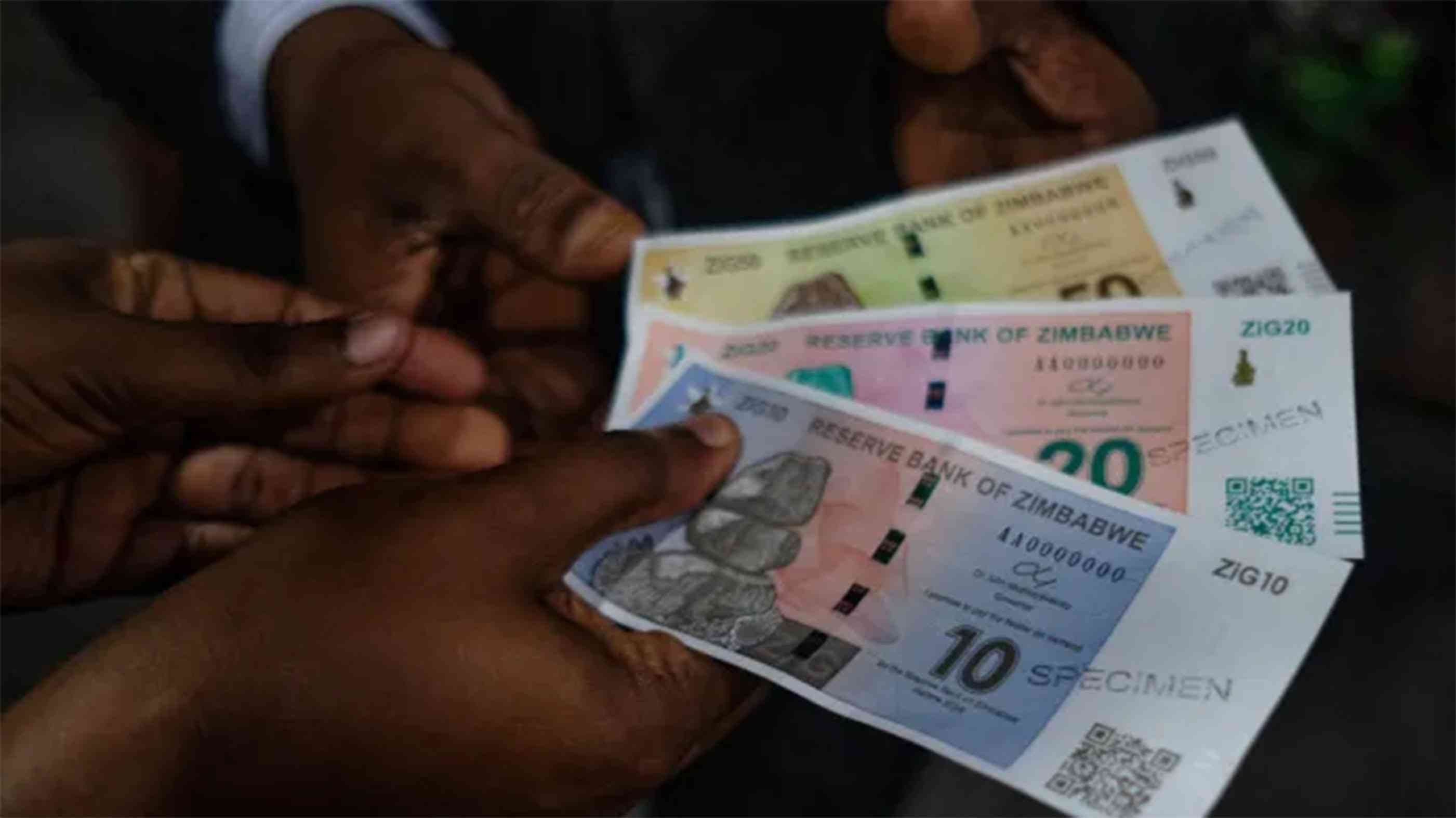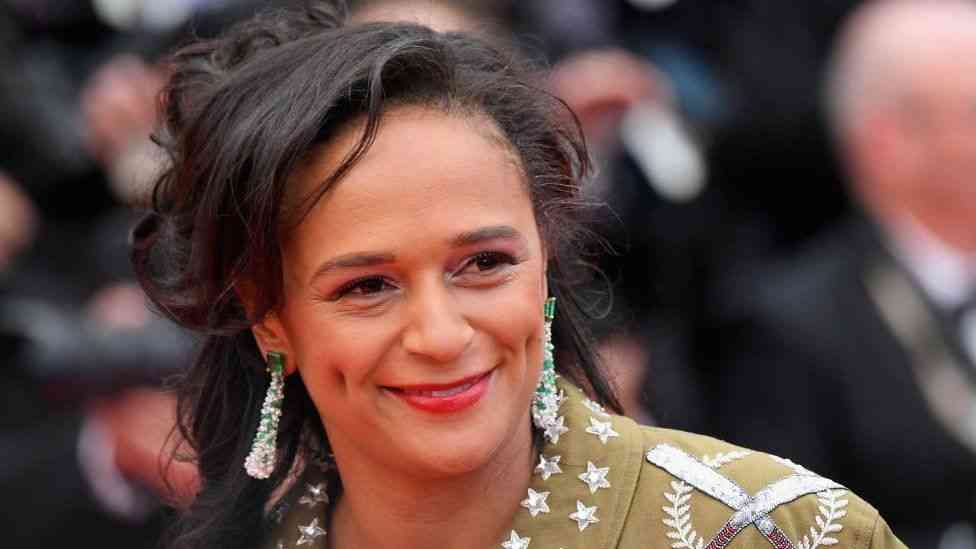
Isabel dos Santos of Angola is a familiar name in Africa. The former first daughter was once Africa's richest woman while her father ruled Angola, the oil rich southern African country.
As the daughter of José Eduardo dos Santos, the former President of Angola who ruled the oil producer from 1979 to 2017, Isabel acquired business interests in banking, oil, real estate and the media, not only in her country but also in Portugal and in the Netherlands.
In 2018, she had an estimated networth of about US$2.2 billion, earning the titles on ‘African princess’ or Africa’s richest woman.’ What was clear to everyone was that her wealth, derived from her connections as her father’s daughter than any entrepreneurial spirit or business acumen.
As soon as her father left the presidency, the man who replaced him, and is still the current president of Angola, João Lourenço, fired Isabel as chairwoman of Angola’s national oil company, Sonangol, 17 months after her father had appointed her to the role.
Her world has since taken a turn for the worst.
Reports show that in January 2020, Angolan authorities charged her with embezzlement and money laundering and froze her assets while her shares in Portuguese cable TV and broadband firm Nos were frozen by a Lisbon court in April 2020.
She denies the allegations and accused her pursuers of making her a target in a long-running political vendetta.
Forbes removed her from the billionaire ranks in January 2021 following the asset freezes.
- Fresh land invasions hit Whitecliff
- Pomona cash row escalates
- Border Timbers targets European markets
- SA name strong A side for Zim tour
Keep Reading
Yesterday, she lost another fight against an application in London's High Court to freeze up to US$735 million of her assets.
Angolan telecoms operator Unitel, asked the High Court to grant a worldwide freezing order over her assets over loans made to her Dutch company Unitel International Holdings (UIH) in 2012 and 2013, when she was a Unitel director.
The two companies are not related despite having similar names.
The Angolan firm alleges that the loans, worth €325 million and $44 million respectively, were not repaid.
Her story should offer a cautionary tale on the dangers of dynastic politics in resource rich countries such as Zimbabwe.
The law, it seems always catches up to the thieves and looters of resources, even if it seems the perpetrators are untouchable because of their proximity to power.
In a report submitted to Parliament, Zimbabwe’s often derided Anti-Corruption Commission (Zacc) three weeks ago said it had recovered externalised assets worth US$29 million.
This is a drop in a country estimated to be losing about US$1 billion a month to those with the means to externalize resources.
Two years ago, the same commission was chasing US$7 billion worth of assets siphoned out of the country. What that tells us is that while the southern African nation is losing millions of dollars due to illicit financial flows, smuggling of precious commodities and corruption, someone is taking stock and keeping records.
The day of reckoning shall come for those who think they are untouchable and robbing the country blind.

